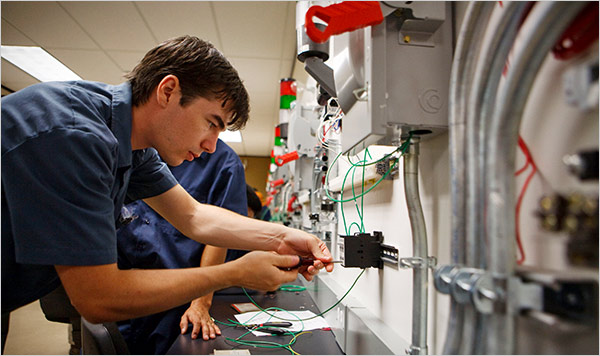Despite the drastic and positive changes the Facility Management industry has gone through since the start of the new millennium, one of the most attractive things about becoming a facility manager remains the same: there are many ways to get started in the industry.

In fact, a recent survey done by the International Facility Management Association (IFMA) found that Facility Managers entered the field from backgrounds in engineering and construction, trades, administrative services, architecture and design, military, accounting and finance, clerical and support, Human Resources and purchasing, consultant, vendor and others. The survey also reported that only 7 percent of respondents’ first jobs were in facility management.
Entering Via Engineers, Construction, the Trades
The two most common ways of getting a toe hold in facility management are through first gaining experience in engineering and construction or in the trades. Explaining this, Jim Bechard, professor of facility management at Kitchener, ON's Conestoga College, said, it is common for someone who “is a skilled tradesperson… [to rise] through ranks of supervision to the lower levels of management and end up with some level of facility management function [or entering] through the construction industry, where someone has been involved with a fair number of construction projects, usually on the management side, and ends up switching over to facility management after gaining a fair amount of experience.” IFMA’s survey says that 36 percent of respondents entered the industry through these two avenues.
The Need for FM Training, Education
Despite the commonality of becoming a facility manager in these two ways, Bechard warns that there are better and more effective ways of becoming a facility manger. “The problem I have with both of these routes is certainly not that they're not good people with good intentions, but that there really is no FM training in either one of these backgrounds," he said. He goes on to add that the best facility managers possess a mixture of education and training and on-hands experience.
I believe that Bechard raises a good point since facility management is an increasingly more technical profession with facility managers these days needing to be able to use tools such as preventive maintenance software, heavy equipment, and electronic spreadsheets and databases.
And You?
How about you? If you are currently a facility manager, how did you get your start? If you are planning on becoming a facility manager, what is your plan on doing so?









